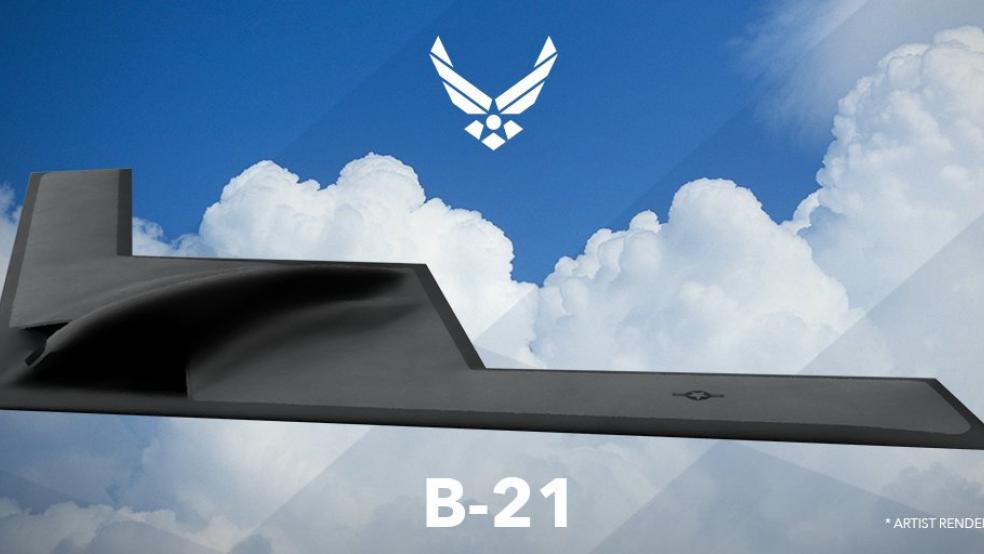How much should the public really know about the Air Force’s next-generation bomber? That’s the question the Senate Appropriations Committee is asking in a report accompanying the panel’s 2017 $575 billion spending bill for the Defense Department.
The legislation, which the powerful committee approved last week, directs the Pentagon’s Inspector General to review the security strategy for the budget-busting Long Range Strike-Bomber, designated the B-21, and provide an “assessment” back to Capitol Hill about what the general public should be let in.
Related: Do the Numbers Add Up for the New B-21 Bomber?
The Air Force awarded the contract to Northrop Grumman last October for the B-21 program, which could cost $100 billion over its lifetime. But while the Air Force is slated to wrap up its own review of the security surrounding the program this summer, the service and its leaders have been evasive when asked for details about the program.
That’s raised the ire of some Senate lawmakers who are worried the Air Force might be hiding the aircraft’s true price tag, among other things, and doesn’t want to be embarrassed should costs spiral out of control. Another reason to be on edge is that the F-35 Joint Strike Fighter, the country’s most prestigious, and expensive weapon is believed to have been hacked by the Chinese in 2011.
The report states that while "there is additional pressure on the Air Force to reveal further information, including the roles of the subcontractors and the contract value for the prime contractor … the value of additional program transparency must be balanced with the need for security protection."
The report stresses that any details about companies and subcontractors working on the bomber program "could be of interest to foreign intelligence services for traditional or cyber espionage efforts."
Related: How Will the Air Force Pay for its Budget-Busting Next-Generation Bomber?
By kicking the decision-making to a neutral, third party on what can or can’t be disclosed about the high profile bomber seems to be a compromise between transparency, something the Pentagon is clearly bad at, and national security.
While good government advocates will likely praise the Senate’s action as a step in the right direction, some security analysts who believe the less known about the B-21 the better, at least for now.
“The openness and insecurity of the Pentagon’s acquisition system contributes directly to the rapid erosion of the U.S. military’s technological edge,” Mackenzie Eaglen, a defense analyst at the American Enterprise Institute, wrote last month in Defense One.
“Worse, unneeded transparency risks sacrificing a national military advantage for no tangible gain,” she added, noting the world doesn’t need to know the exact weight and size of the stealthy aircraft just yet.
“The reality is that Congress has successfully overseen highly classified programs for decades and could ably do so for the B-21 bomber,” according to Eaglen. “While public disclosure is often conducive to oversight, it can hamper certain weapons programs, encouraging political tampering that engenders cost overruns, schedule delays, and over-sharing of critical technical details.”





